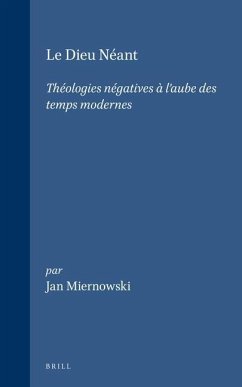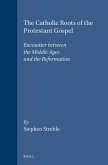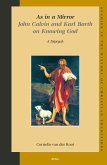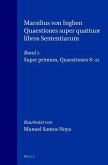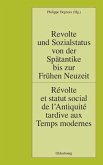"Le Dieu Niant. Thiologies Nigatives l'Aube des Temps Modernes is a study of the diverse intellectual possibilities presented to Medieval and Renaissance intellectuals by the negative theology of pseudo-Dionysius the Areopagite. It deals specifically with the ontological, epistemological and semiotic aspects of interpretations of Dionysian philosophy developed by such thinkers as Thomas Aquinas, Ficino, Cusanus and Bovelles. It also attempts to differentiate between the negative theology specific to Dionysius, and those elements of negative thinking peculiar to Hermetism and the Christian Cabala. This analysis of negative theology sheds new light on the differences between major intellectual currents of European philosophy (scholasticism, Italian Neoplatonism, German and French mysticism, occultism), while introducing useful distinctions into the history of the Dionysian tradition itself.
Hinweis: Dieser Artikel kann nur an eine deutsche Lieferadresse ausgeliefert werden.
Hinweis: Dieser Artikel kann nur an eine deutsche Lieferadresse ausgeliefert werden.

